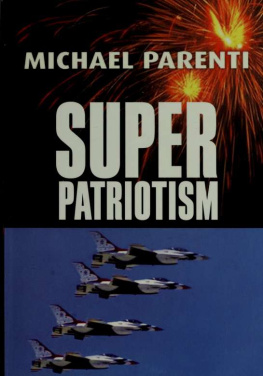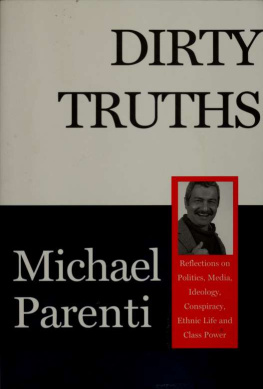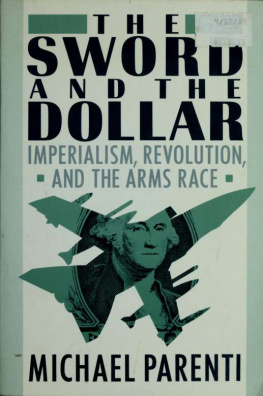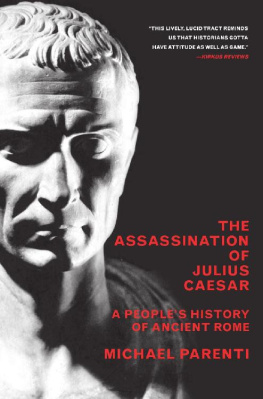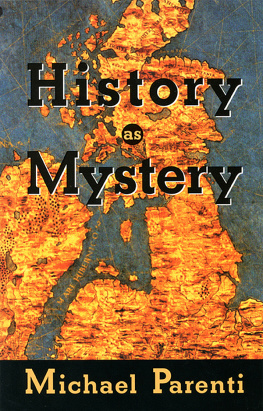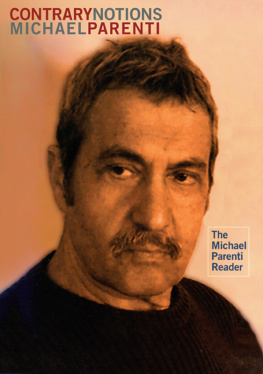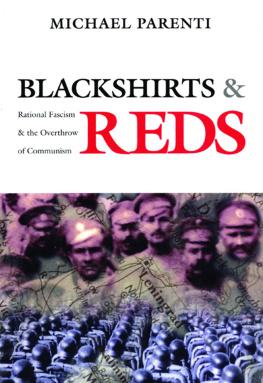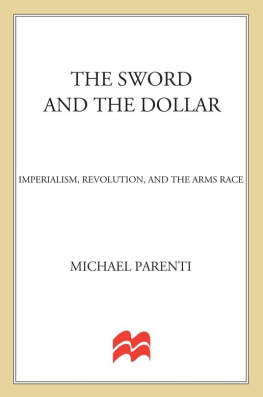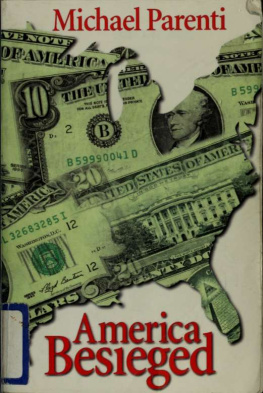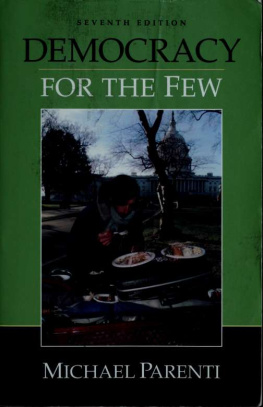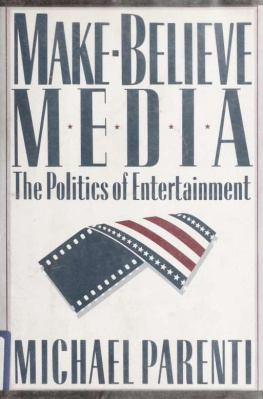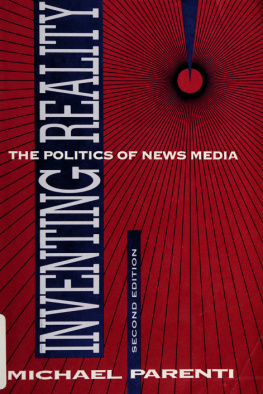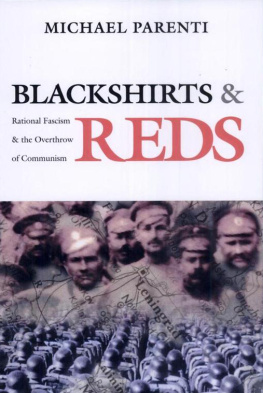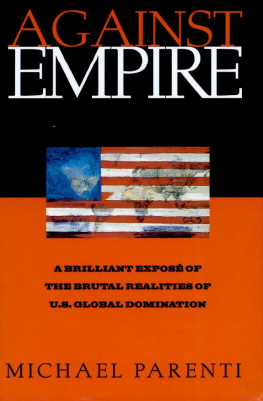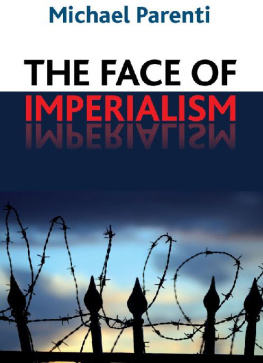This book made available by the Internet Archive.
Amanda Bellerby, Juliana Baker, Violetta Ettare, and Marisa Tregrossi rendered valuable assistance during the course of writing this book. Jenny Tayloe also gave much appreciated support. My thanks also to Nancy J. Peters and other staff members of City Lights Books for their efforts.
Dedicated to Robert E. Lane and Helen Lane
What Does It Mean To Love Our Country?
AS A GUEST ON RADIO TALK SHOWS, I HAVE criticized aspects of US foreign policy. On one such occasion, an irate listener called to ask me, "Don't you love your country?" Here was someone who saw fit to question my patriotism because I opposed certain policies put forth by US leaders. The caller was manifesting symptoms of what I call superpatriotism, the readiness to follow national leaders unquestioningly in their dealings with other countries, especially in confrontations involving military force.
Many people in various countries consider themselves patriotic in that they share common loyalties and national ideals. Generally, in uneventful times, they do not make all that much of such attachments. But during periods of special urgency or national crisis, their leaders take every opportunity to transform their perfunctory patriotism into superpatriotism.
In this country superpatriotism rests on the dubious assumption that the United States is endowed with superior virtue and has a unique history and special place in the world. For the American superpatriot, nationalistic pride, or "Americanism," is placed above every other public consideration. Whether or not superpatriotism is the last refuge of scoundrels, as Dr. Johnson might say, it is a highly emotive force used by political leaders and ordinary citizens to muffle discourse. I think that was what the caller was doing (whether he intended to or not) when asking me if I loved my country. In any case, I would answer his question with another one: What exactly does it mean to love one's country?
Do we love every street and lane, every hill and dale in America? There are so many sights and sites within the USA to which one might grow attached. Yet most of us have had direct exposure to relatively few parts of this nation's vast territory since we lack the time and money to make that meandering trip across its great continental expanse. And what of all the natural beauty in other countries throughout the world? Would I be less a patriot if I am forced to conclude that there are parts of Ireland and New Zealand that are even more beautiful than the lovely sights of our Pacific Northwest region? Would I be wanting in patriotism if I felt Paris to be more captivating than San Francisco? or the Piazza Navona in Rome more endearing than Rockefeller Center in New York?
Perhaps love of country means loving the American people. But even the most gregarious among us know only a tiny portion of the US populace, that vast aggregate of diverse ethnic, religious, and class groups. In any case, any number of superpatriots feel no love at all for certain of their compatriots whose lifestyles, beliefs, ethnicity, or lowly economic status they find repugnant.
It might be that we can love whole peoples in the abstract, feeling a common attachment because we are all Americans. But what actually is so particularly lovable about Americans, even in the abstract? Although many Americans are fine and likable, some are not admirable at all. Among the compatriots who fail to win my affection are ruthless profiteers, corporate swindlers, corrupt and self-serving leaders, bigots, sexists, violent criminals, and rabidly militaristic superpatriots.
Maybe our superpatriots love this country for its history. One would doubt it, since so much of US history is evidently unknown to them: the struggle for free speech that has continued from early colonial times down to this day; the fierce fights for collective bargaining and decent work conditions; the long campaigns to extend the franchise to all citizens including propertyless workers and women; the struggles to abolish slavery, end racial segregation, and extend civil rights, to establish free public education, public health services, environmental and consumer protections, and occupational safety, and to impose a progressive income tax and end wars of aggression, and other such issues of peace and social justice.
Here certainly is a history that can make one feel proud of one's country and love the valiant people who battled for political and economic democracy But many superpa-triots are wretchedly ignorant of this history, especially since so little of it is taught in the schools. How unfortunate, for it would add more substance to their love of country.
Also largely untaught is the darker side of our history. What is there to love about the extermination of Native American Indian nations, a bloodletting that extended over four centuries along with the grabbing of millions of acres of their lands? There is nothing lovable about the systemic kidnapping and enslavement of millions of Africans; the many lynchings and murders of the segregationist era; the latter-day assassinations of Black Panther Party members and other political dissidents; the stealing of half of Mexico (today's Texas, New Mexico, Arizona, California, and a portion of Colorado); the grabbing of Hawaii, Guam, Puerto Rico, and Cuba; the blood-drenched conquest of the Philippines; and the military interventions and wars of aggression against scores of other countries.
Should we love our country for its culture? We Americans can boast of no Shakespeare, Goethe, Cervantes, or Dante, but we still can be proud of our playwrights and poets, our art and opera, our music and dance, our museums and symphony orchestras, our libraries and universities. Yet as far as I can tell, the superpatriots evince relatively little interest in these things. If anything, arts and education are being subjected to merciless budget cuts by those superpatriotic policymakers who prefer to pour our treasure into a gargantuan military budget. They would starve Athens for an ever stronger Sparta.
While we might embrace the good things in our culture, some other aspects are hard to celebrate: the mind abuse of most television and cinematic offerings; the omnipresent, soul-numbing commercialism; the urban and suburban blight and crime-ridden, drug-infested neighborhoods; the proliferation of homeless beggars and shanty encampments; the toxic dumps, strip-mined wastelands, denuded forests, highway vehicular carnage, and widespread contamination of our rivers, bays, and groundwater; the astronomical homicide rates, hate crimes, and child abuse; the widespread emotional depression and spousal abuse; the enormous and still growing gap between the obscenely rich and desperately poor; the overweening rapacity of the giant corporations; the money-driven corruption of much of our public life, and other such dispiriting things.

